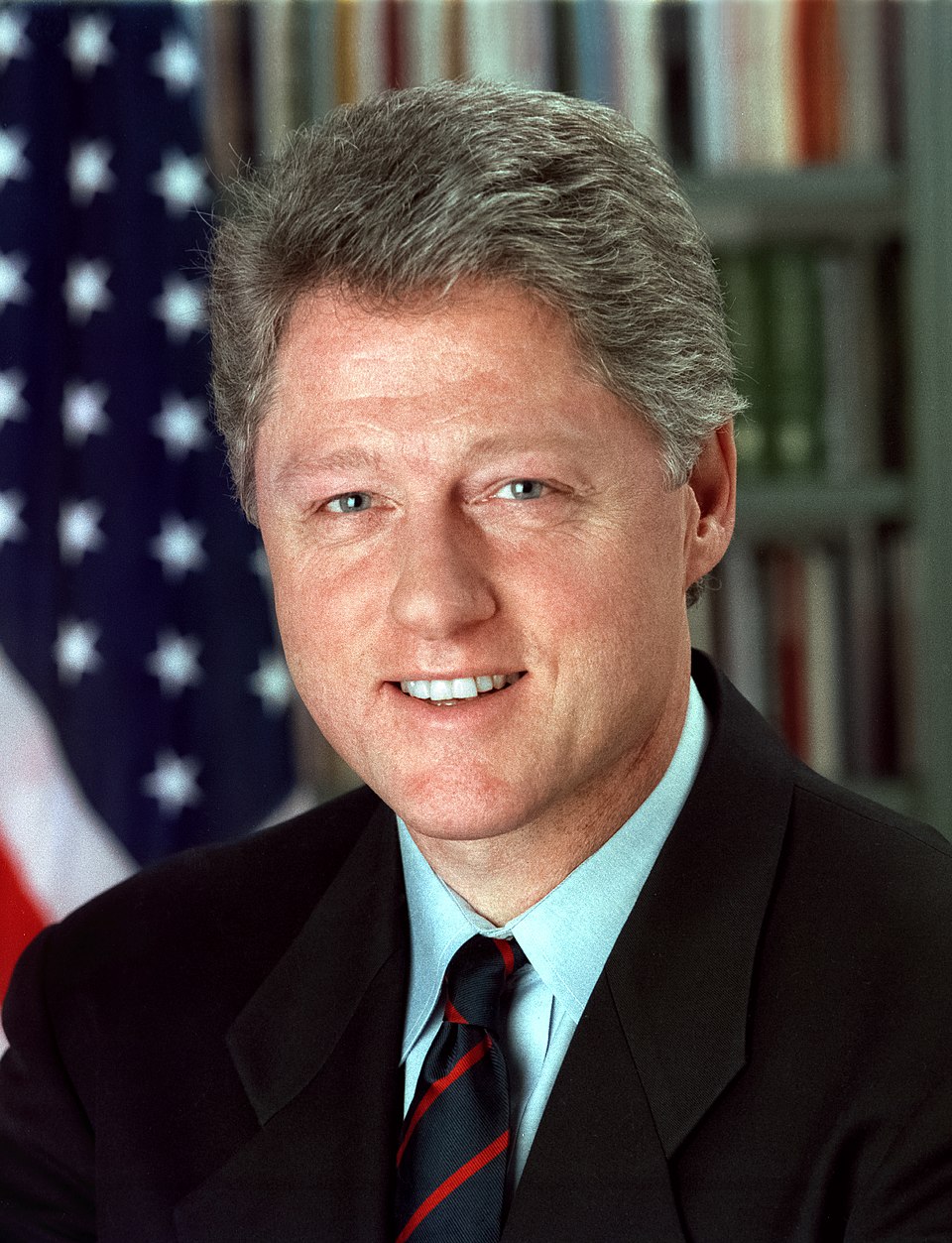
Introduction
Bill Clinton, the 42nd President of the United States, served from 1993 to 2001 and remains a central figure in American political history. His presidency is often credited with economic prosperity and the implementation of significant domestic policies, but also marred by political scandals. Understanding his legacy is essential not only for historical perspective but also for its relevance in current political discourse as America continues to navigate complex issues.
Key Accomplishments
During his two terms, Clinton presided over one of the longest peacetime economic expansions in American history. With a focus on fiscal conservatism, he managed to reduce the federal deficit and achieve a budget surplus. His administration is known for implementing the North American Free Trade Agreement (NAFTA) which greatly increased trade between the U.S., Canada, and Mexico.
Clinton also advocated for and enacted several key social policies. The Don’t Ask, Don’t Tell policy was established for LGBTQ+ service members in the military, and he expanded access to healthcare through the Children’s Health Insurance Program (CHIP). Furthermore, his administration’s welfare reform aimed to create job-training programs, transitioning welfare recipients to work.
Challenges Faced
Despite his accomplishments, Clinton’s presidency was not without challenges. The Monica Lewinsky scandal in the late 1990s led to an impeachment trial, where he was acquitted but left with a tarnished personal image. This event and his subsequent denial of the affair have become staples in political discussions about accountability and morality in leadership.
Recent Developments and Relevance
Following his presidency, Clinton has remained active in public life, engaging in philanthropic work through the Clinton Foundation, which addresses global health, education, and climate change. His insights on leadership and governance are often sought after in speaking engagements and political commentary. As the political landscape in the United States evolves, examining his presidency offers valuable lessons on bipartisanship and effective governance.
Conclusion
Bill Clinton’s legacy is a tapestry of economic success, social reform, and political controversy, highlighting the complexities of modern leadership. As America faces pressing challenges such as economic inequality, healthcare reform, and climate change, revisiting the policies and lessons from Clinton’s presidency provides context and potential strategies for today’s leaders. Understanding the impact of his administration is essential not just for historians but for active participants in the ongoing narrative of American democracy.






